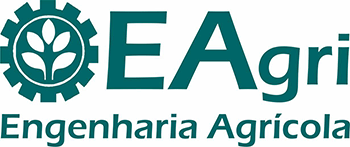ABSTRACT
The use of mechanistic plant growth models relies on the availability of high-quality inputs to reduce uncertainty in estimates. Measurements of photosynthetically active radiation inside a protected environment are either more expensive to obtain or dependent on assumptions regarding external measurements. This study aimed to reduce the influence of uncertainty in the measurements of low-cost lux meters by using a data assimilation strategy. We first determined, by simulation, the impact of different sensors on the estimates. We then used the Ensemble Kalman Filter to assimilate artificial observations of tomato growth in the Reduced-State Tomgro model, in simulations for which the solar radiation inputs were obtained from a low-cost lux meter. We compared the assimilated estimates to the simulations that used solar radiation obtained with a scientific-grade quantum sensor. For periods of larger radiation intensity, in which the differences in measurements from both instruments are larger, assimilation of observations with low errors lead to estimates that are closer to the ones obtained by scientific grade sensors. These results suggest that low-cost sensors could be used to obtain inputs for growth models in protected environments, provided there are also imperfect observations of the state.
digital agriculture; greenhouse; internet of things; protected environments; Raspberry Pi

 Thumbnail
Thumbnail
 Thumbnail
Thumbnail
 Thumbnail
Thumbnail
 Thumbnail
Thumbnail
 Thumbnail
Thumbnail




